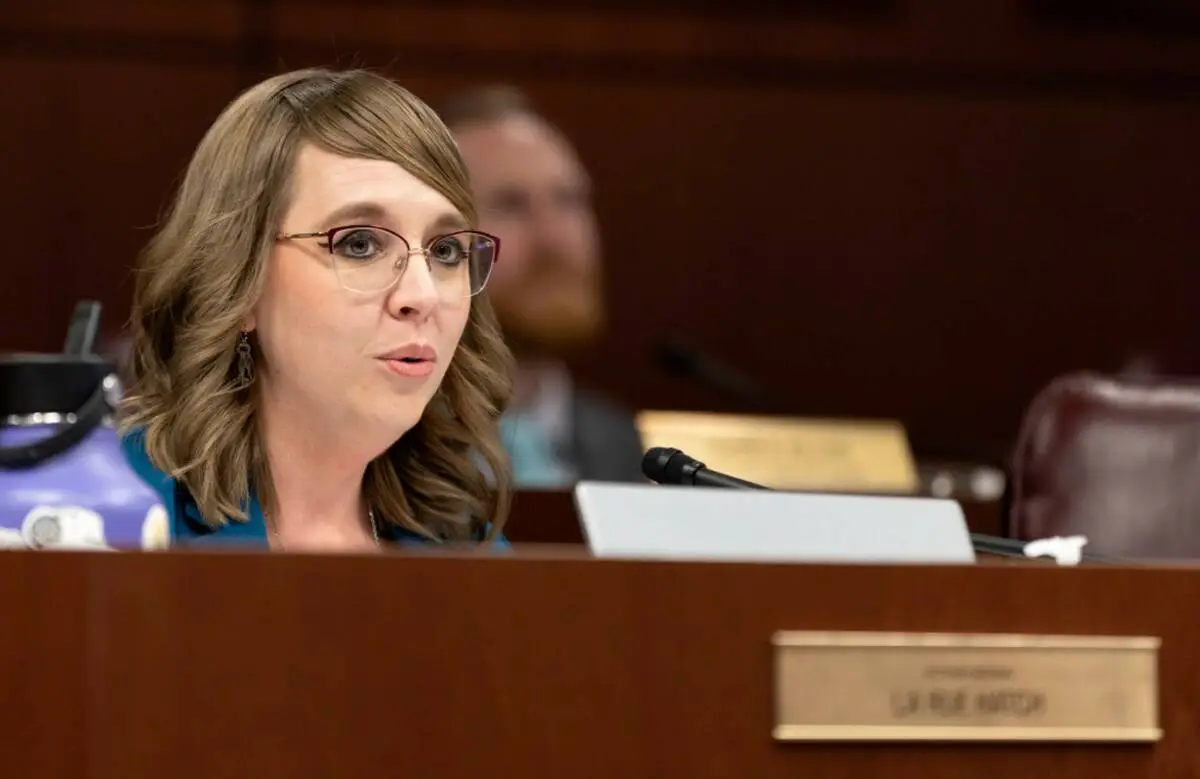Assembly Bill 388, currently under consideration in Nevada, seeks to establish a paid family medical leave program that would grant eligible employees up to 12 weeks of paid leave for various life events. This includes childbirth, adoption, military service, serious illness, or caring for a critically ill family member. Sponsored by Assemblymember Selena La Rue Hatch, the bill targets companies and government agencies with at least 50 employees, covering about a million Nevadans despite only 4 percent of businesses meeting this criterion.
Under the proposed bill, employees earning less than $1,200 a week would receive full pay during their leave, while those earning more would get 60 percent of their pay, capped at 150 percent of the state’s average weekly wage. The bill aims to alleviate the burden on workers who currently face tough choices between their health and financial stability.
Currently, Nevada’s Executive Department employees are entitled to eight weeks of paid family leave over a year. The new bill expands this to include more life events and a broader range of employees. The legislation also requires employees to coordinate with employers to minimize disruptions and includes provisions for employer compliance. Violations could lead to fines and penalties.
While the bill has garnered support from workers and advocates who emphasize the importance of family well-being, it faces opposition from the business community. Critics argue that the economic climate, marked by rising costs and tariffs, makes the timing of the bill challenging. Business representatives suggest it could impose financial burdens and impact competitiveness.
AB 388 diverges from some other states’ models by not establishing a state-run fund for paid leave. Instead, it allows employers to manage the program themselves, potentially through insurance options. As the debate continues, the bill highlights the ongoing tension between enhancing worker benefits and addressing business concerns in the current economic landscape.






















